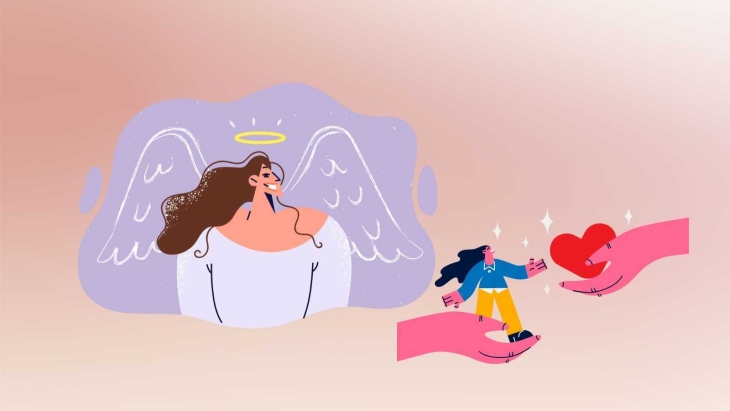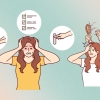Recent Posts
Most Popular
I love seeing random acts of kindness! How can I become a kinder and more generous person?

“Love is kind,” a well-quoted verse says. And this kindness can look like many things to many of us.
For a mom, kindness may mean she makes her daughter’s favorite dish and gives her big hugs even after a long day.
For a father, kindness may mean listening intently to his son’s troubles at school.
For a student, kindness may mean approaching and making a friend out of a new student.
For you and me, kindness may be any small and random act of going out of our way and making a person’s day a little better.
The benefits of kindness according to science
Feelings of Love
How did watching a video on a random act of kindness make you feel? Did you feel the warmth of positive emotions spread through you? According to studies, simply watching an act of kindness already produces oxytocin in our brain. Oxytocin is the primary hormone that facilitates relationship-building such as when two people hug!
Energy
When researchers studied the effects of doing random acts of kindness, participating in social activities and a brief cognitive behavioral therapy on symptoms of depression and anxiety, they found that all three were effective in lowering the symptoms.
However, the intervention that had the greatest impact on their life satisfaction and had the one that increased social connection the greatest was doing random acts of kindness.
Longer lifespan
Studies about doing good to others show that it decreases blood pressure and stress hormones, and decreases loneliness. These factors are linked to a longer lifespan!
Overall, kindness as it benefits others, also benefits the doer. When we do kindness, we tend to see things through other people’s perspective, we become more aware of the little things to appreciate, and we feel happier and satisfied!
How do we practice more acts of kindness?
- I can share what I have. Generosity.
We have our particular interests, hobbies, passion, strengths and talents. Since kindness is a way of giving a part of what we have to others in order to make them happy, we first look at what we have.
What is something that you have right now, something you have abundance of, and something that you enjoy doing that might benefit others if they share in them?
Do you have computer skills? Do you know someone who might be struggling with technology and might need your help? By simply giving some of your time and using your skills, you are already doing acts of kindness.
- Kindness is other-focused.
Surely, our mental health and wellbeing benefits from doing kindness, but that should not be our main motivation. Kindness is about doing something for others to benefit them.
Consider other people’s needs, priorities and feelings. What do they lack now that you have the ability to provide?
- Work within our means.
Giving to others through a generous spirit must be done within our capacity. It means we take into account our limitations, for example, in terms of energy, resources, and time. After all, kindness starts with being kind to ourselves. You can start with something small.
Our simple acts of kindness may become other people’s treasured stories of kindness that inspire them to pay it forward. Our simple generosity of time, talent and treasure may look small and insignificant, but it can create a big impact.
On the lookout for in demand healthcare jobs especially in the mental health industry? Find out how using a job board can connect you with top medical jobs nationwide!








Comments